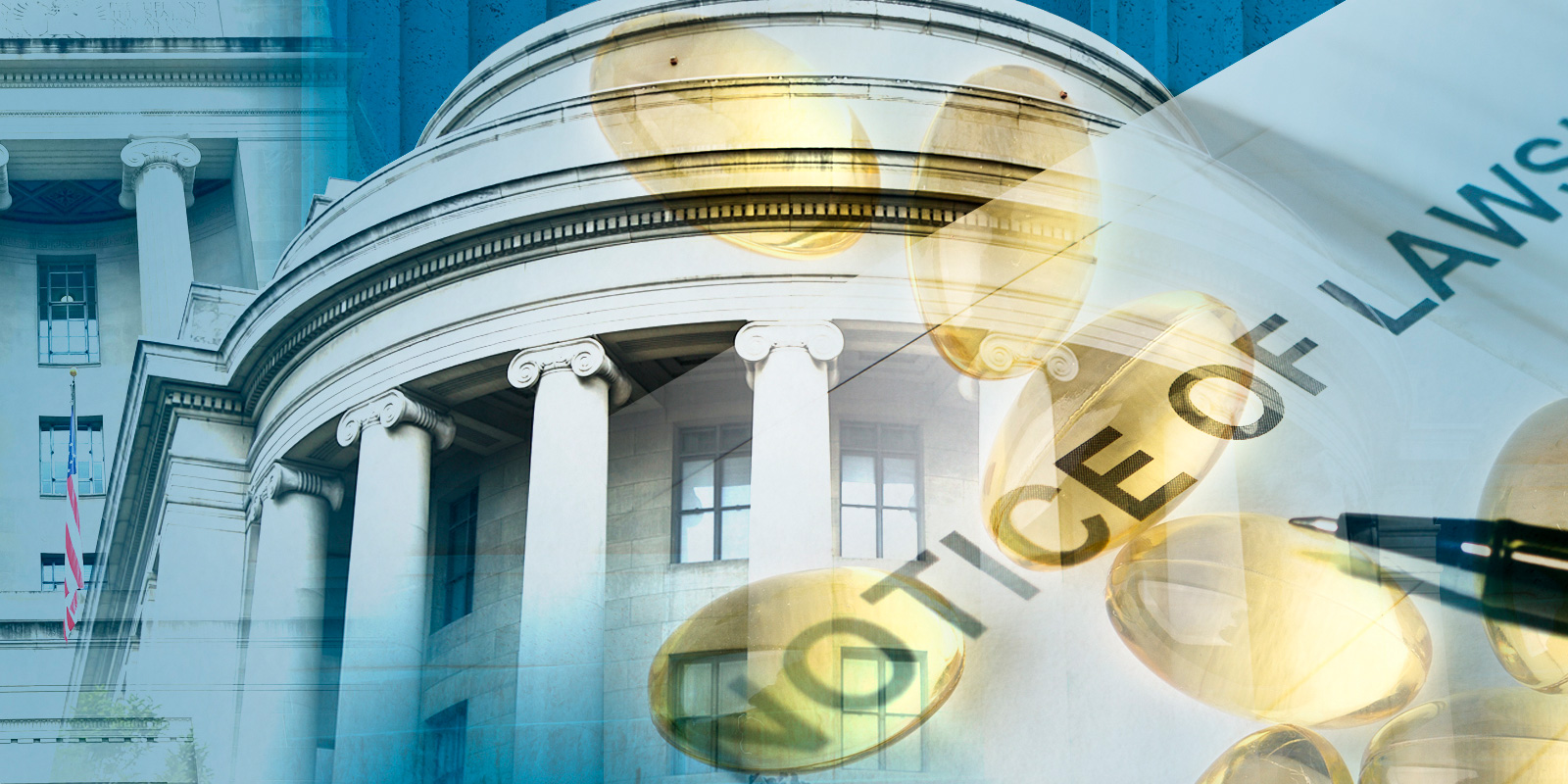
DOJ and FTC Bring First-Ever Action Under COVID-19 Consumer Protection Act
The U.S. Department of Justice's ("DOJ") Consumer Protection Branch and the Federal Trade Commission ("FTC") teamed up to bring the first enforcement action under the COVID-19 Consumer Protection Act, which targets deceptive marketing of supposed COVID-19 treatments.
On April 15, 2021, the DOJ's Consumer Protection Branch ("CPB") and the FTC announced the first-ever enforcement action under the COVID-19 Consumer Protection Act. Passed by Congress in December 2020, the Act prohibits deceptive acts or practices associated with the treatment, cure, or prevention of COVID-19. The civil action demonstrates the interest of both the CPB and FTC in preventing deceptive or misleading advertisements for supposed COVID-19 treatments.
The government's suit brings claims under both the COVID-19 Consumer Protection Act and Section 5(a) of the FTC Act. According to the complaint, defendants Eric Nepute and Quickwork LLC, doing business as Wellness Warrior, made false or unsubstantiated representations regarding the ability of vitamin D and zinc supplements to treat or prevent COVID-19. The misrepresentations included claims that the defendants' supplements provide equal or better protection against COVID-19 than available vaccines. The government's complaint seeks civil penalties and injunctive relief.
The action is noteworthy for at least two reasons. First, companies marketing dietary supplements or other consumer products—especially those relating to COVID-19—should be aware of the enforcement risks for unsubstantiated claims about the efficacy of those products. The government's complaint in Nepute faults the defendants for touting their dietary supplements' ability to prevent or treat COVID-19 without competent or reliable scientific evidence to support such claims. In connection with advertising, companies should thus understand the risks of stating, expressly or by implication, that a claim is scientifically proven.
Second, this suit is also a reminder that the Food and Drug Administration—which has express statutory authority to regulate dietary supplements and other products that are marketed as treatments or cures for disease—is not the only agency with relevant enforcement authority. The CPB and FTC's action underscores that companies marketing consumer health products must navigate overlapping statutory schemes and could face enforcement actions by multiple regulators if they misstep. As the country continues to combat COVID-19, one would expect these consumer-protection agencies to continue active enforcement over advertisements for health products, particularly products and therapies claiming to treat or prevent COVID-19.




